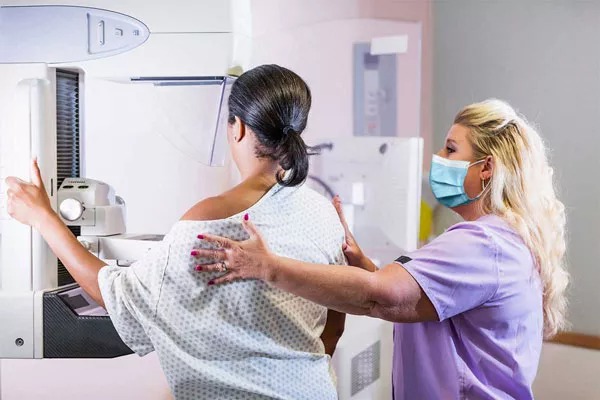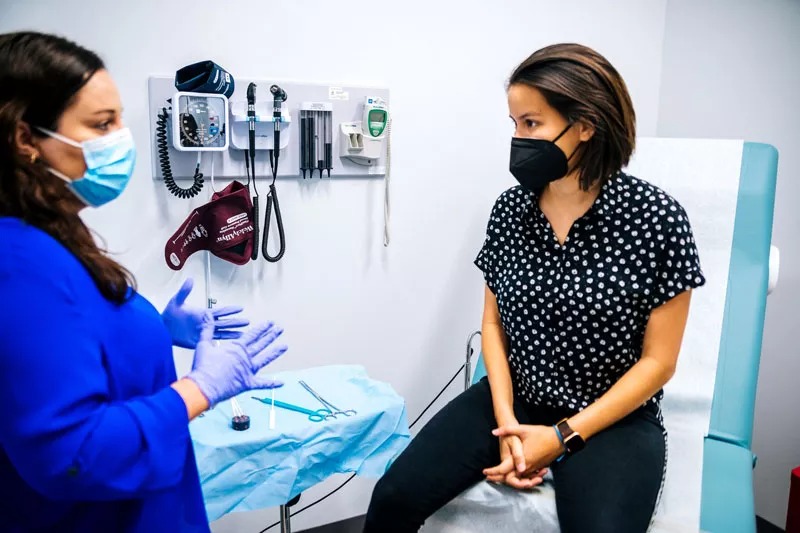In the pursuit of equitable healthcare, it’s imperative to address the specific needs of marginalized communities, including LGBTQ+ individuals. Within this context, cervical and breast cancer screenings emerge as crucial interventions that can significantly impact the health and well-being of LGBTQ+ individuals. Let’s delve into the importance of these screenings, the challenges faced by the LGBTQ+ community, and strategies to ensure better access to these life-saving measures.
Understanding the Significance of Cervical and Breast Cancer Screening:
Cervical and breast cancers are among the leading causes of cancer-related deaths globally. For LGBTQ+ individuals, disparities in healthcare access and sensitivity can exacerbate their risk. Regular screenings are paramount for early detection and improved treatment outcomes. By raising awareness and providing inclusive screenings, we can empower LGBTQ+ individuals to take control of their health.
Addressing Disparities of LGBTQ+ individuals:
LGBTQ+ individuals face significant disparities in healthcare, including barriers to preventive services. Discrimination, lack of culturally competent care, and fear of being mistreated deter many from seeking medical attention. These disparities translate to lower cancer screening rates within the LGBTQ+ community. To bridge this gap, healthcare providers must be educated on LGBTQ+ health needs and trained to provide affirming care.

Welcoming environment for LGBTQ+ individuals :
At Texas Specialty Clinic we create a welcoming and inclusive healthcare environment. LGBTQ+ individuals will feel safe and respected during screenings. We understand the importance of tailoring language, addressing preferred names/pronouns, and understanding diverse identities. Inclusivity is not just a goal—it’s a commitment to recognizing the dignity of all patients.
Taking Control of Health:
LGBTQ+ individuals must recognize that their health matters and that they deserve respectful, comprehensive care. Early detection through screenings can significantly improve prognosis. It’s crucial to understand that everyone deserves the opportunity to access these life-saving services.

Promoting Empowerment:
Empowerment through education is key. By addressing common misconceptions, stigmas, and fears associated with cancer screenings, we can enable LGBTQ+ individuals to make informed decisions about their health. Empowerment is not just about information—it’s about fostering a sense of agency over one’s own well-being.
Empowering LGBTQ+ Preventive Care:
Preventive care lies at the heart of maintaining overall well-being. LGBTQ+ individuals must be equipped with the knowledge and resources to make informed decisions about their health. This includes understanding the recommended cancer screening guidelines, recognizing LGBTQ+ cancer risks, and advocating for their healthcare rights. By empowering LGBTQ+ individuals with information, we foster a proactive approach to preventive care.
Cervical and breast cancer screenings are more than medical procedures; they are gateways to better health, empowerment, and equity. By advocating for inclusive and accessible screenings, we are not only saving lives but also contributing to a healthcare landscape that values every individual’s right to compassionate care. Together, we can dismantle barriers and promote a healthier future for LGBTQ+ individuals—one screening at a time. Regular screenings are paramount for early detection and improved treatment outcomes, especially for cervical and breast cancers.
